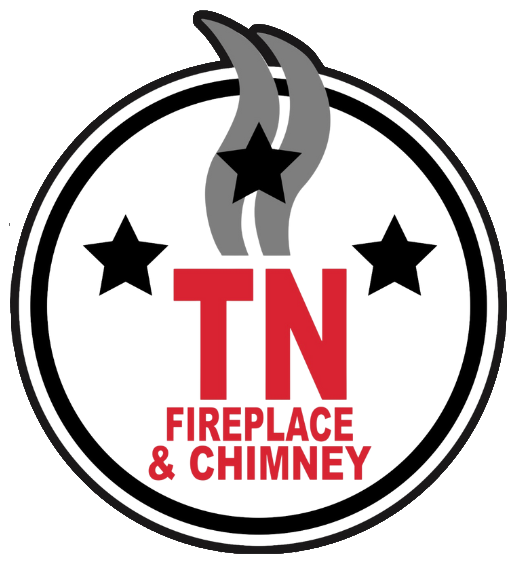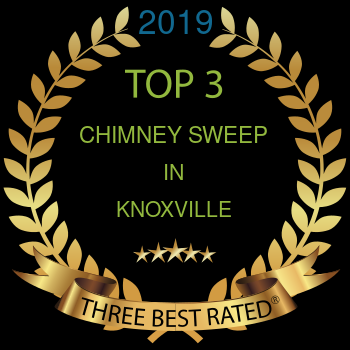Many types of animals have adapted to life with humans and some of these animals even use the things that humans create for their own home. One animal that has adapted especially well to humans is the chimney swift. At Tennessee Chimney & Home, we want to advise you on what chimney swifts are and how they can become a nuisance for homeowners.
Chimney Swift Nests
Chimney swifts are migratory birds which spend most of their lives airborne. In fact, chimney swifts only come down to rest when they are roosting or nesting. In non-urban areas, chimney swifts usually nest in hollowed out trees and sometimes caves. However, in urban areas, chimneys make an excellent substitute when trees and caves are not available. Depending on where you live, nesting begins around late May to early June.
Nest Removal
So, after a chimney swift builds a nest in your chimney, how do you remove it? Well, you don’t. Chimney swifts are protected by the Migratory Bird Treaty Act of 1918. This means that removing an occupied nest from a chimney by a homeowner or chimney sweep is against federal law and is punishable by fines or other penalties. If you want to remove a chimney swift nest, you will have to wait until you are certain the nest is no longer occupied, which is usually about two months after the nest was built.
Nesting Issues
Chimney swift nests can cause issues by clogging up your chimney ventilation system. This can lead to all sorts of issues with airflow and can also be a fire hazard. Also, depending on the location of your chimney, baby chimney swifts can be noisy while they are trying to feed.
Nesting in newer chimneys that have clay or metal flues can also be hazardous to the chimney swifts as well. This is because chimney swifts have a harder time grasping the sides of these types of openings. This can lead to birds falling and getting stuck in your flue which is bad for your chimney and often fatal to the bird.
Preventing Nesting
A pretty simple way to prevent chimney swift nesting is by denying them access to your chimney. A functional chimney cap will deny a chimney swift from being able to enter into your chimney, therefore, preventing nesting.
Preventing chimney swift nesting is just one reason why you should have your chimney cap, as well as the rest of your chimney system, inspected in spring. At Tennessee Chimney & Home, our Chimney Safety Institute of America (CSIA) certified chimney sweeps can help to make sure your chimney is protected from all critters when your chimney isn’t in use.If you need a chimney inspection, don’t hesitate to call Knoxville’s only CSIA-certified chimney sweeps at Tennessee Chimney & Home at (865)922-2262, or contact us online to schedule an appointment today!


